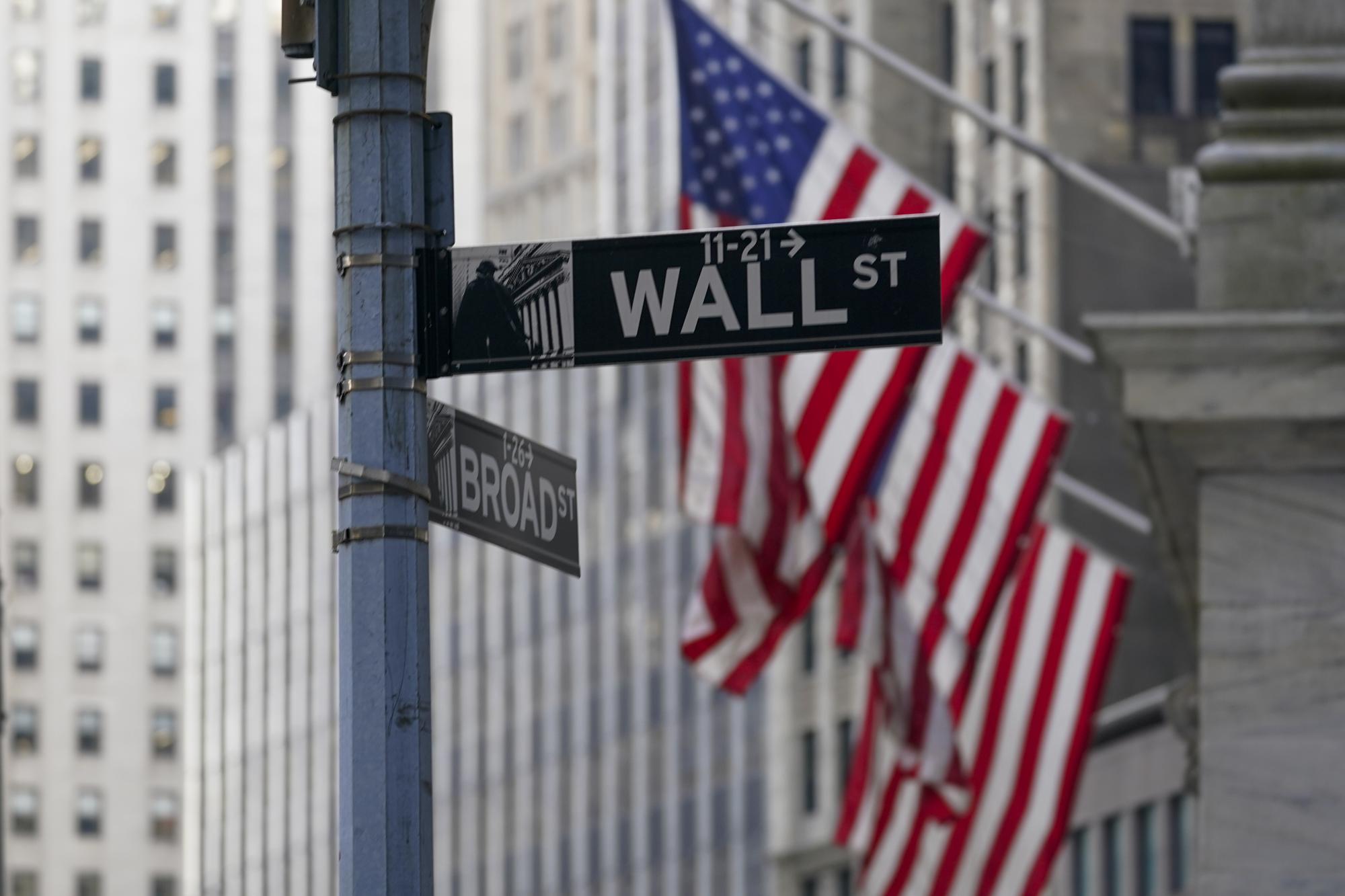Stocks fell on Tuesday ahead of more interest rate increases from central banks to cool decades-high inflation, with Sweden leading a round of anticipated hefty hikes from its U.S., Swiss and British counterparts later in the week.
Shares in Europe turned lower by mid-session after U.S. stock futures eased, with the Federal Reserve kicking off a two-day meeting.
The dollar was near a two-decade high versus major peers, underpinned by expectations that the Fed will unveil another large rate increase when its meeting ends on Wednesday.
Crude oil prices were steady, but euro zone bond yields hit new multi-year highs as German producer prices rose in August at their strongest rate since records began, stoking worries about even higher inflation.
The STOXX index (.STOXX) of 600 European companies gave up initial gains to ease 0.5%, compounding a 16% slide for the year as fallout from war in Ukraine and rising inflation and borrowing costs fuel recession fears.
Sweden's central bank hiked rates by a greater than expected full percentage point on Tuesday and warned of more to come, a stark reminder for investors that tackling inflation remains a work in progress for many central banks.
Hikes from the Bank of England and Swiss central bank are expected on Thursday, piling more pressure on stock markets.
"Tighter monetary policy around the world will increase the headwinds for risk assets - after all, central bankers are deliberately trying to slow aggregate demand," ING bank said.
Markets are priced for U.S. rates to climb as high as 4.5% by early 2023, compared with the Fed's current 2.25%-2.5% policy rate range. read more
Luca Paolini, chief strategist at Pictet Asset Management, said the U.S. central bank would likely ease the pace of hikes going into next year.
"The market, in a way, is probably expecting a peak in rates," Paolini said, adding that market focus would then switch to how higher rates were affecting economies and company earnings.
"We haven't seen it yet fully, I believe, as significant downgrade in earnings which I think will come. The downside for bonds is limited," Paolini said.
Inverted yield curves or long-term interest rates below short-term rates, were also a red flag historically to buying shares, he added.
On a more positive note for stocks, the books for Volkswagen's (VOWG_p.DE) hotly anticipated initial public offering of Porsche AG on Sept. 29 are covered multiple times over











